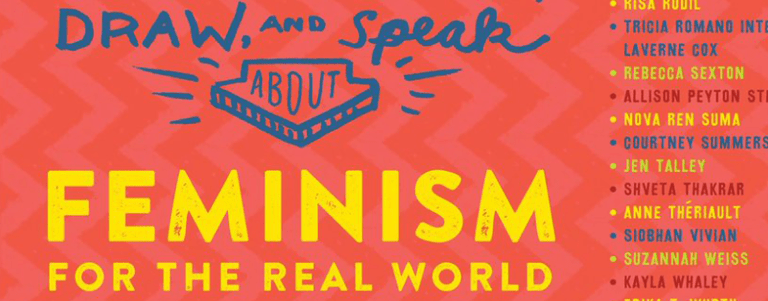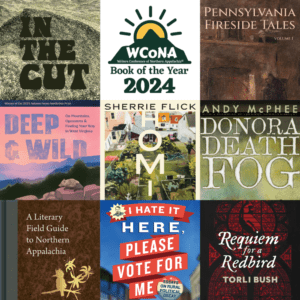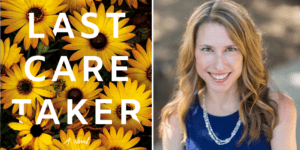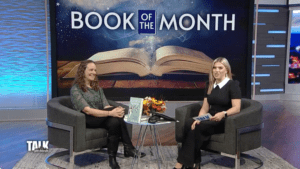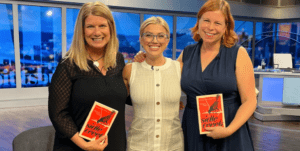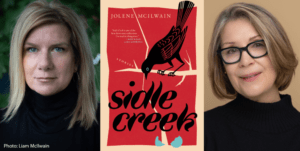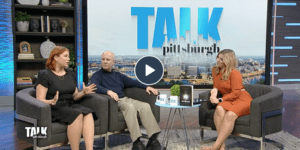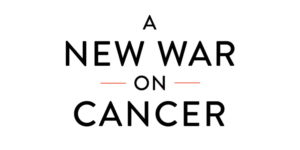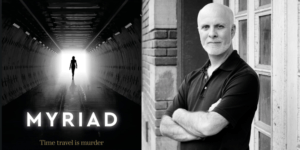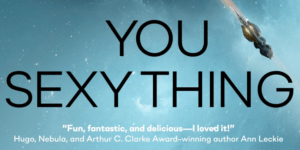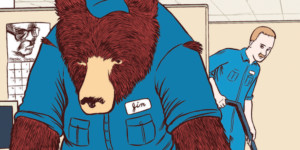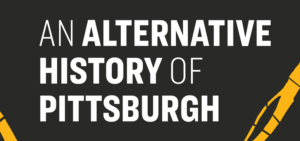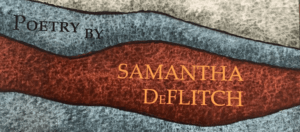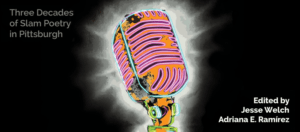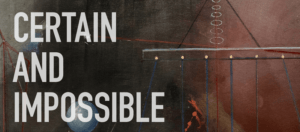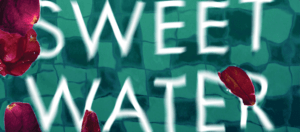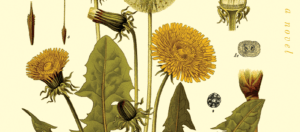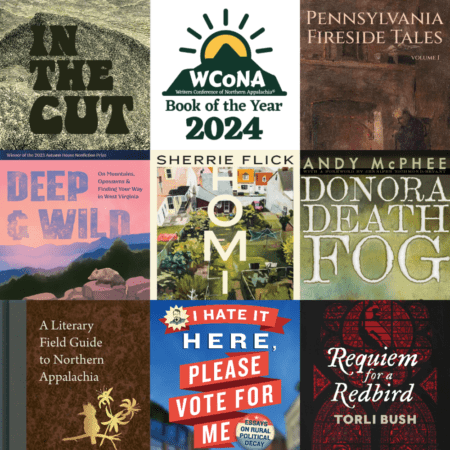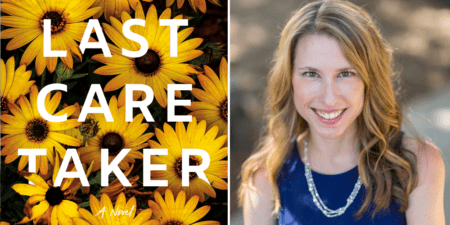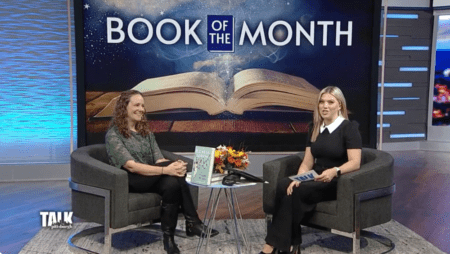Have you checked out Carnegie Library of Pittsburgh’s redesigned Eleventh Stack blog yet?
Eleventh Stack is run by a group of library workers who are passionate about books, movies and music — and was originally envisioned as a place to explore all the cool stuff at the Main Library, which is home to about a million items. Recently, they’ve branched out to explore the rest of the Carnegie Library system!
Littsburgh loves the Carnegie Library of Pittsburgh — and in an effort to spread the word about the excellent work they’re doing — we’ll be highlighting posts from the Eleventh Stack from time to time…
If you’re looking for reading recommendations, we highly recommend you bookmark the Eleventh Stack — and give Carnegie Library of Pittsburgh a follow on Facebook and Twitter!
What does feminism mean to you? Do you use the word feminist, or something different to describe yourself? Who can be a part of feminism and who can’t?
These are some questions and conversations Here We Are: Feminism for the Real World tackles right from the beginning. What follows in its pages is something more than a how-to guide for feminism, it’s a gathering of voices, experiences and perspectives. It’s an invitation to join the feminist party, and all are welcome!
Here We Are covers a little bit of feminist history and addresses FAQs about feminism throughout. But the book focuses most of its pages on the individual stories and experiences of its contributors. Broken into different chapters that focus on everything from pop culture to relationships to body image, forty-four different voices use their own experiences and struggles to encourage and inform their audience. And it’s not just essays; there are interviews, poems, lists, comic strips, doodles and so much more! Here We Are literally bursts with creativity and inspiration.
What makes this collection so amazing is the diversity of its contributors and the sheer volume of topics covered. Here We Are does its best to be inclusive of all; contributions from the LGBTQ+ community, writers from many different racial, ethnic and religious backgrounds and perspectives of persons with physical disabilities give a well-rounded definition of feminism beyond the traditional. I wish I could go into more detail about each essay, but that post would be way too long! (There is seriously so much good content in this book!)
One of my favorite essays is called “Reading Worthy Women” by Nova Ren Suma. As a child, Suma used her love of reading to escape her turbulent family life and held a secret hope to one day become an author. Then her high school teacher didn’t include any female authors or artists on his syllabus. When Suma confronted her teacher about it he said he didn’t include women “because there were no women worthy of being on his syllabus.” Rather than let this dissuade her from her dreams, Suma challenged herself to prove him wrong by only reading female authors for the next five years!
Another essay, called “Pretty Enough” by Alida Nugent addresses insecurities about body image. As a half Puerto Rican, half Irish girl, Nugent constantly judged her appearance because she looked different than most of her friends. Then when she turned sixteen, her family traveled to Puerto Rico to visit their family. Suddenly surrounded by women and girls who looked and talked just like her, Nugent didn’t feel so alone anymore. Her definition of beauty expanded to include women of all colors, shapes and sizes, and that helped her to love herself.
I’m tempted to buy multiple copies of this unique collection so I can pass it along to all my friends! Don’t miss out on this bright, positive and enriching modern take on feminism for the real world.
-Adina
Adina enjoys cooking and eating (mostly eating), ranting about books and watching movies with her friends. You can find her working at the West End branch or relaxing in her cozy apartment.
This post sponsored by our friends at the Carnegie Library of Pittsburgh


